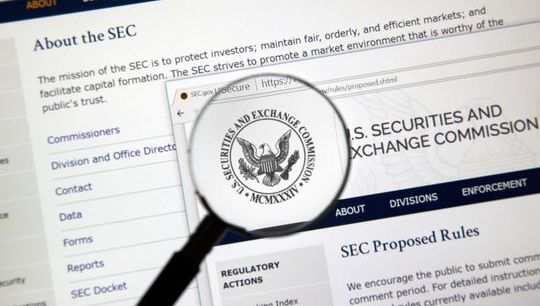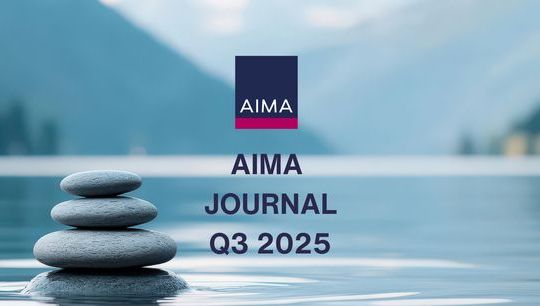AIMA breakdown of the new US SEC Private Fund Adviser Rules
Published: 30 August 2023
The US SEC published its initial proposal for amendments and additional rules for the Private Fund Adviser Rule in February 2022. Following a year of dialogue with industry representatives, including AIMA, the new final rules were published on 23 August 2023.
- What are the current rules?
- What are the new rules?
- What are the consequences?
A breakdown of the key changes to the rules is outlined below.
|
Covered under |
Current rule |
New rule |
Consequence |
|
Prohibited Activities Rule |
Private fund agreements typically indemnify the adviser for negligence, a standard arrangement that, by reducing the adviser’s risk, encourages the adoption of the more complex investment strategies investors are looking for. |
The Adopting Release withdraws the proposed change to impose a prohibition on indemnification in the case of negligence (which would have lowered the typical liability standard from gross negligence to simple negligence), but it includes a strongly worded warning about how the staff will view indemnification clauses. |
This adjustment means the liability standard for matters not impacting the Federal fiduciary obligations of the adviser has not changed. |
|
Prohibited Activities Rule (2) |
Investors and private fund managers are free to negotiate what fee structure they find mutually agreeable. |
The Adopting Release revises the proposed outright prohibition of this practice, and charging fees to the funds will now continue to be allowed as “Restricted Activities” if the activity is disclosed and, in some instances, consented to by investors as well. |
Full pass-through fee structures, which are often preferred by investors, will be permitted to survive if advisers provide the required disclosures. |
|
Prohibited Activities Rule (3) |
Private fund agreements allow advisers to charge fees or share expenses, which properly incentivize the advisor to invest in compliance. |
Managers will be prohibited outright from charging fees or expenses related to an investigation that results or has resulted in a court or governmental authority imposing a sanction for a violation of the Advisers Act or the rules promulgated thereunder. Disclosure and consent are irrelevant. |
See Restricted Activities Rule (2) |
|
Preferential Treatment Rule / Side Letter Rights Rule
|
Investors and private fund managers can negotiate an allocation of capital under any mutually agreeable terms, including bespoke transparency, redemption rights and fees. |
The Adopting Release permits certain forms of preferential treatment regarding redemption rights and the sharing of information on the fund’s portfolio holdings/exposures (which the proposed rule would have prohibited outright) if the requirements of one of the limited exceptions are satisfied. |
Having to offer the same right to everyone and leave that offer open to existing and prospective investors effectively nullifies any preference, which will negatively affect the ability to offer different redemption rights to seed investors. This may also limit the ability to have share classes with different redemption rights for any reason. |
|
Grandfathering
|
Private fund managers and investors can continue with their existing contractual arrangements indefinitely and unrestricted. |
The proposed rule did not offer grandfathering, so the SEC’s decision to offer ‘legacy status’ (i.e., grandfathering) is welcome, although the coverage may be incomplete and lead to some disparate outcomes. |
Legacy status is not available for any portion of the restricted activities or preferential treatments that require disclosure. Therefore, the non-disclosure/confidentiality provisions of all agreements will need to be re-assessed and potentially amended to the extent they are inconsistent with the disclosure obligations. |







